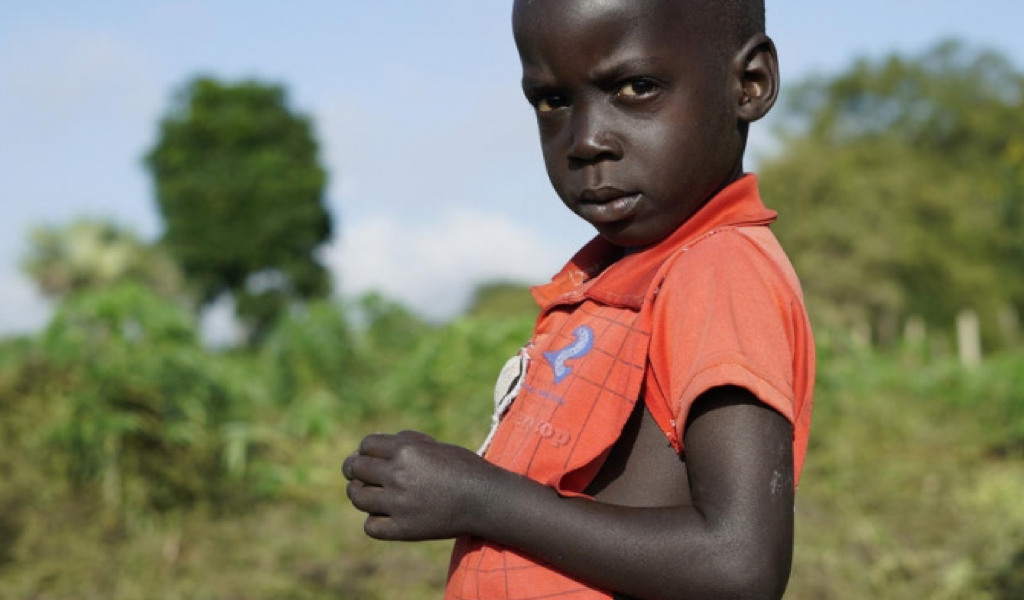
Refugee Stories

"Rice is a food crop and a cash crop," explains Minoru Yoshino, chief advisor of the PRiDe project, which has trained more than 50,000 farmers since it launched in 2011. "[Growing it] improves both food security and livelihoods for refugees and Ugandans."
“Rice is so profitable for me right now,” says Queen, 34, who fled conflict in South Sudan and found refuge in Uganda as a young child in the early 1990s. “Those other crops I’m just planting to supplement the food we’re given. But rice I’m using as my income-generating business.”
Queen did not always grow rice. She has spent most of her life growing maize, sorghum and peanuts on her plot in Oliji, a settlement in a region of northern Uganda that is now home to more than one million South Sudanese refugees.
As waves of violence hit her country over the years, Queen took in refugee children at her farm – orphans and unaccompanied minors who had nowhere else to go. They joined her own three children and became part of her family. Before long, Queen found herself mother of 22 children.
“God has seen I have that heart of motherhood,” says Queen, who has taken it upon herself to pay the children’s medical and school fees, and to see to it that they are properly fed, clothed and looked after. “That could be the reason why he has sent all these children to me.”
Queen received food assistance from the World Food Programme and grew crops on land borrowed from her Ugandan neighbour. She sold any excess crops but, with maize and sorghum prices falling, Queen was struggling to make ends meet. Then, in 2014, everything changed.
Queen was selected to take part in a Promotion of Rice Development (PRiDe) project, an initiative of the Japan International Cooperation Agency (JICA) that aims to promote rice production among refugee and Ugandan farmers. Rice is a priority crop for Uganda. Growing it means refugees can contribute both towards the local economy and help the country meet its development targets. For Queen, it was also a golden opportunity to secure her income.
“Rice is a food crop and a cash crop,” explains Minoru Yoshino, chief advisor of the PRiDe project, which has trained more than 50,000 farmers since it launched in 2011. “[Growing it] improves both food security and livelihoods for refugees and Ugandans.”
Queen travelled to a site outside Kampala where she learned how to grow rice. Training with a group of fellow refugees and Ugandans, Queen learned how to prepare the land and sow in straight lines, making harvesting and weeding much easier.
At the end of training, the group were given a bag of rice seed to sow. However, Queen did not have space on her plot. She approached farmer Samuel Lagu, a Ugandan also on the training program, who agreed to donate a third of his land to her and two other refugees to grow rice. For him, the gesture was natural.